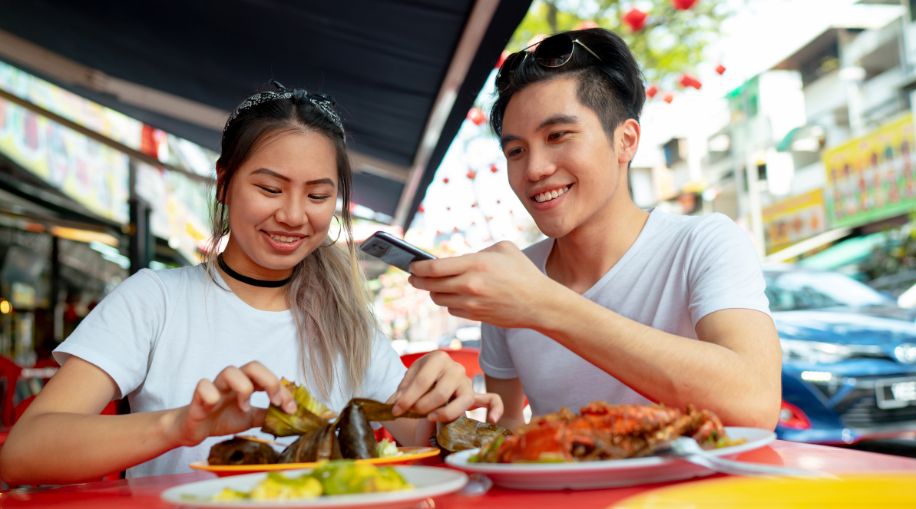Travel Smart
When you’re on a trip, you want to enjoy the adventure and not spend time feeling sick. One way to stay healthy while traveling is by being careful about what you eat. Some foods can upset your stomach or even cause food poisoning.
10 Foods to Avoid While Traveling
1. Street Food
Street food might look tempting, but it can be risky. Often, street vendors don’t follow the same hygiene standards as restaurants. This can lead to food being contaminated, which might make you sick. It’s better to stick with food from places where cleanliness is a priority.
2. Unwashed Fruits and Vegetables
Fresh fruits and veggies are healthy, but if they’re not washed properly, they can carry harmful bacteria. If you’re not sure whether the produce has been cleaned, it’s safer to avoid eating it. Go for fruits that you can peel, like bananas or oranges, instead.
3. Raw or Undercooked Meat
Eating raw or undercooked meat, especially in unfamiliar places, can increase the risk of foodborne illness. Make sure any meat you eat is fully cooked, whether it’s chicken, beef, pork or seafood. Always double-check if your food is well done before eating.
4. Dairy Products
Dairy, such as milk, cheese and yogurt, can be a problem while traveling. If these products are not pasteurized or kept at the right temperature, they can spoil quickly. This can cause stomach troubles. Stick with packaged or well-refrigerated dairy to be safe.
5. Tap Water
In many countries, tap water isn’t safe to drink. Drinking contaminated water can lead to stomach cramps, diarrhea and other issues. To avoid this, always drink bottled water. Even when brushing your teeth, use bottled water to be extra careful.
6. Ice
It might seem harmless, but ice can also be risky if it’s made from unsafe water. Even in drinks, ice can carry harmful germs if not made from clean water. When traveling, it’s better to ask for drinks without ice, especially in countries where the tap water isn’t safe.
7. Salads
Salads may seem like a healthy choice, but if the greens aren’t washed well or the dressing is made with unpasteurized ingredients, they can be unsafe. The lettuce and veggies in salads might harbor bacteria, especially if they’ve been sitting out for a while.
8. Buffet Food
Buffet food can be risky because it often sits out for long periods. Food that is not kept at the right temperature can grow bacteria. Also, a lot of people handle the food, increasing the chances of contamination. It’s better to choose freshly cooked food instead of buffet options.
9. Seafood
Seafood is delicious, but it can spoil quickly if it’s not handled properly. Eating raw or improperly cooked seafood can lead to food poisoning. Be cautious with seafood, especially if you’re far from the coast or unsure of how fresh it is.
10. Spicy or Exotic Dishes
While it’s fun to try new foods, your body may not be used to very spicy or exotic dishes. Spicy foods can irritate your stomach, especially if you’re already dealing with the stress of travel. If you want to try local cuisine, start with mild dishes and gradually work your way up to the spicier options.
Tips for Eating Safely While Traveling
- Stick to bottled water: Always carry bottled water with you, especially in places where the tap water isn’t safe.
- Eat at reputable restaurants: Look for restaurants that are clean and have good reviews. Avoid places that seem unsanitary.
- Wash your hands: Always wash your hands before eating or use hand sanitizer when soap and water aren’t available.
- Pack snacks: Bring some safe snacks from home, like granola bars, nuts or crackers, in case you’re unsure about the food.
Eating Safely
Traveling is fun, but it’s important to stay healthy by being cautious about what you eat. Avoiding these 10 foods can help you feel your best while you explore new places. Stick to clean, well-cooked meals, drink bottled water and wash your hands often. By following these simple tips, you’ll be able to enjoy your trip without worrying about getting sick.
Read on to learn more about some foods to avoid in Europe.

